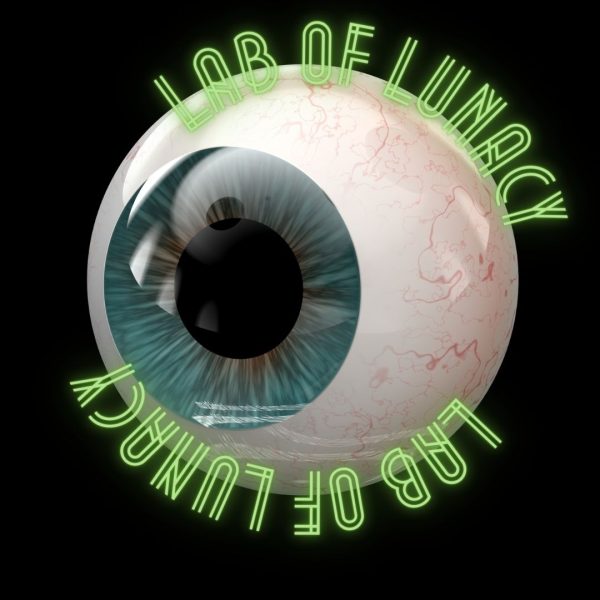“The Bachelor” creates artificial relationships
ABC’s “The Bachelor” and “The Bachelorette” stand as two of the most acclaimed and successful reality TV shows of all time. Every year when the season comes to a close, friends and family find themselves chatting or arguing over the final result and who they believe was the most worthy. However, “The Bachelor” sets a bad example for its target audience of impressionable young adults. Although the “The Bachelor” enterprise provides quality entertainment, the show feeds America unrealistic beauty and relationship standards, objectifies both men and women and glorifies gender stereotypes.
Every season, “The Bachelor” features 30 beautiful women competing for one man’s affection, and vice versa in “The Bachelorette,” in the hopes that at the end of the competition, they will receive a marriage proposal. According to a study conducted by Bridebook.co.uk, which surveyed 4,000 married couples, 89 percent of couples had lived together before getting engaged. In addition to residing together, these couples interacted and furthered their relationships for an average of almost five years before getting engaged. “The Bachelor” condenses the process of meeting, dating, falling in love and preparing for marriage into a mere nine weeks. The show paints an unrealistic picture of what a true love in a lasting relationship looks like, as the contestants are not given enough time to get to know their potential life partner. Out of the 22 seasons of “The Bachelor,” only one couple has stayed together, and out of the 14 seasons of “The Bachelorette,” only six couples have stayed together. Overall, The Bachelor creates an artificial environment that does not form real or functioning relationships.
In addition to fabricating false relationship expectations, “The Bachelor” series also sets extremely high and unrealistic beauty standards. According to the Centers for Disease Control and Prevention, the average American woman, aged 20 and above, measures an average weight of 168.5 pounds,a height of five feet and four inches and a waist of 38.1 inches. Yet, none of the range of women on “The Bachelor,” come close to representing the average American woman, instead displaying looks more similar to models. Further, the male contestants are unusually fit, an example being the former NFL Bachelor on the current season. “The Bachelor” and “The Bachelorette” clearly do not feature plus size,or even an average size, contestant.
Lastly, “The Bachelor” continues to objectify women and men throughout the entire filming process. For instance, on season 19, women were fitted into revealing bikinis and instructed to ride tractors in an attempt to win over their suitor’s heart. The show puts forward the idea that a woman’s most important characteristic is her body. On “The Bachelorette,” men are constantly partaking in more rigorous and physical activities in a transparent demonstration of power. The men are also rarely wearing shirts as to show off their masculine physiques. The contestants are frequently forced into situations that focus on their physicality, with no regard for their differing personalities.
Furthermore, another falsehood perpetuated by “The Bachelor” is the glorification of gender stereotypes. The women on the series are shown as drama-driven and overly emotional. The show portrays the idea that female self-worth is measured by the attention they gather from their audiences. Even more, men are often advertised as testosterone driven birdbrains who only solve problems with violence. “The Bachelor” contributes to gender stereotypes by presenting the men and women on the series in the exact way that society wrongfully assumes they should act.
Overall, while watching “The Bachelor” may be a guilty pleasure, viewers must be careful as to regard the destructive and sexist images througout the series as pure entertainment and not reality. Women and men are far more than just their bodies and can offer the world more than hormone driven drama. “The Bachelor” should not be praised, as it sets unrealistic standards for men and women and continues to objectify the contestants.
Your donation will support the student journalists of Calabasas High School. Your contribution will allow us to purchase equipment and cover our annual website hosting costs.











